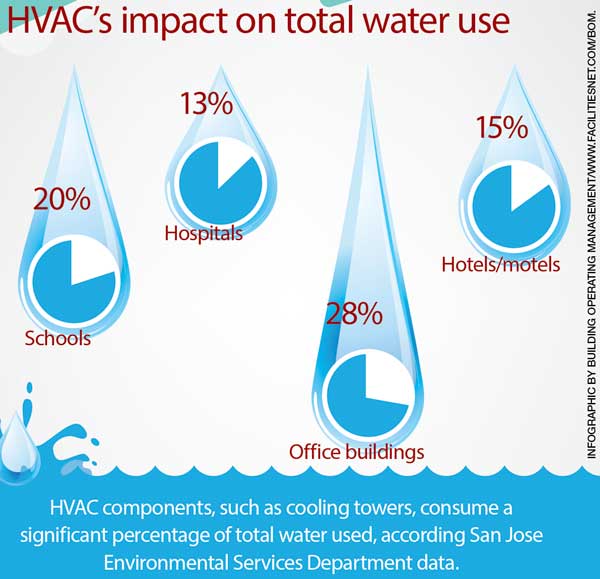When choosing in between air resource and ground resource heat pumps, you might find yourself considering variables like efficiency, price, and environmental effect. Each option uses distinct benefits, however which one aligns ideal with your requirements and top priorities? As you explore the distinctions in between these 2 kinds of heat pumps, you'll reveal crucial understandings that can lead you towards making an educated choice that suits your distinct situations. Stay tuned for a much deeper study the nuances of air source versus ground resource heat pumps to assist you browse this vital choice.
Performance and Performance Comparison
When comparing air source and ground resource heatpump for efficiency and efficiency, it's necessary to consider just how each system operates in different problems. Air source heat pumps extract warm from the outdoors air, making them extra vulnerable to fluctuations in temperature level. This means they could be much less reliable in extremely cold climates.
On the other hand, ground source heat pumps make use of secure underground temperatures for warmth exchange, giving more constant performance regardless of outside climate condition. Ground source heatpump are usually extra energy-efficient in the future as a result of the secure warmth source underground. Additionally, ground resource heat pumps have a tendency to have a longer life-span compared to air source heatpump, which could affect long-lasting performance and upkeep costs.
Cost Analysis: Installation and Upkeep
For an extensive contrast between air source and ground source heat pumps, it's critical to evaluate the costs connected with their installation and maintenance. Air source heat pumps typically have lower ahead of time installation costs compared to ground source heat pumps. The installment of air source heatpump includes much less complicated excavation and exploration, making it a much more budget-friendly choice for several homeowners.
Nevertheless, ground source heatpump are understood for their greater performance, which can lead to reduced lasting power prices, potentially balancing out the preliminary setup expenditures with time.
When it concerns maintenance costs, air source heatpump are generally easier and more economical to maintain compared to ground resource heatpump. Ground source heatpump need regular look at the underground loop system, which can sustain added maintenance expenses.
On dc , air resource heat pumps typically call for easy filter changes and periodic professional examinations, maintaining upkeep costs reasonably low.
Think about both the ahead of time installment prices and long-lasting upkeep costs when making a decision between air resource and ground resource heat pumps to determine which choice aligns best with your spending plan and requirements.
Environmental Impact Analysis
Examining the ecological influence of air source and ground resource heatpump is important in comprehending their sustainability.
mitsubishi electric heat pump require electrical power to run, which can lead to raised carbon exhausts if the electricity comes from fossil fuels. On the other hand, ground resource heat pumps make use of the secure temperature level of the ground to heat and cool your home, causing lower power intake and minimized greenhouse gas discharges.
domestic air conditioning canterbury of both types of heat pumps involves some degree of environmental impact, such as using cooling agents in air source heat pumps or the excavation needed for ground loops in ground source heatpump. Nevertheless, ground source heat pumps have a longer life expectancy and greater effectiveness, making them an extra eco-friendly option in the long run.
Verdict
When determining in between air resource and ground resource heat pumps, consider your environment, budget plan, and environmental objectives. Air resource heat pumps are a lot more affordable ahead of time, yet ground resource heatpump offer higher efficiency and lasting financial savings. Choose the alternative that straightens with your priorities and requirements for a comfortable and lasting home heating solution.
